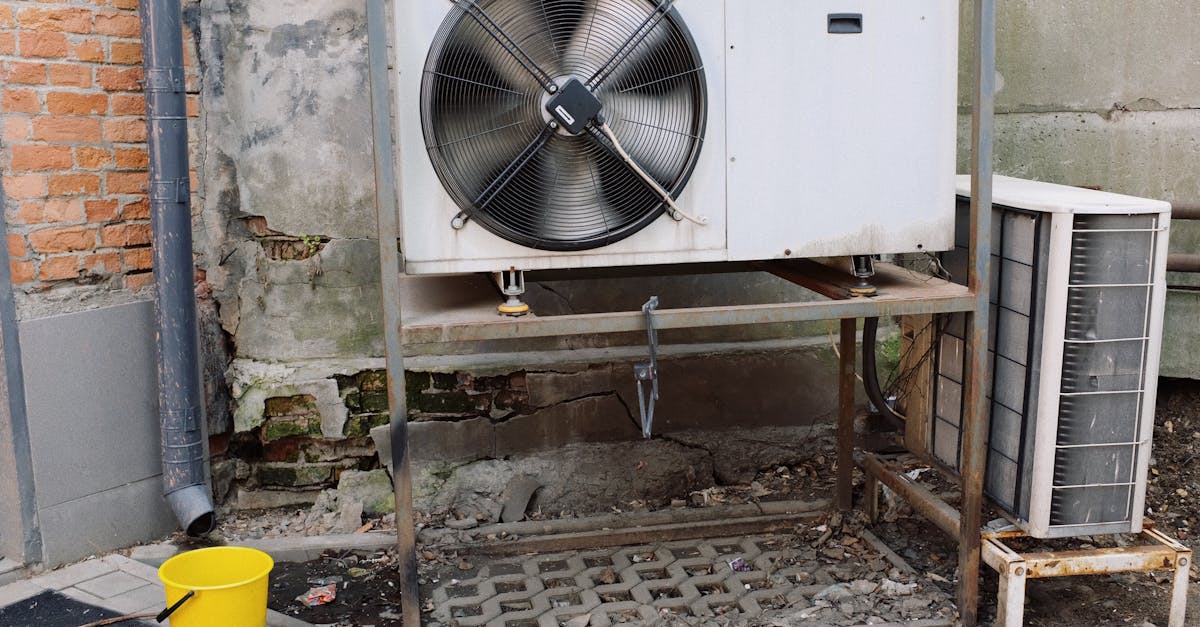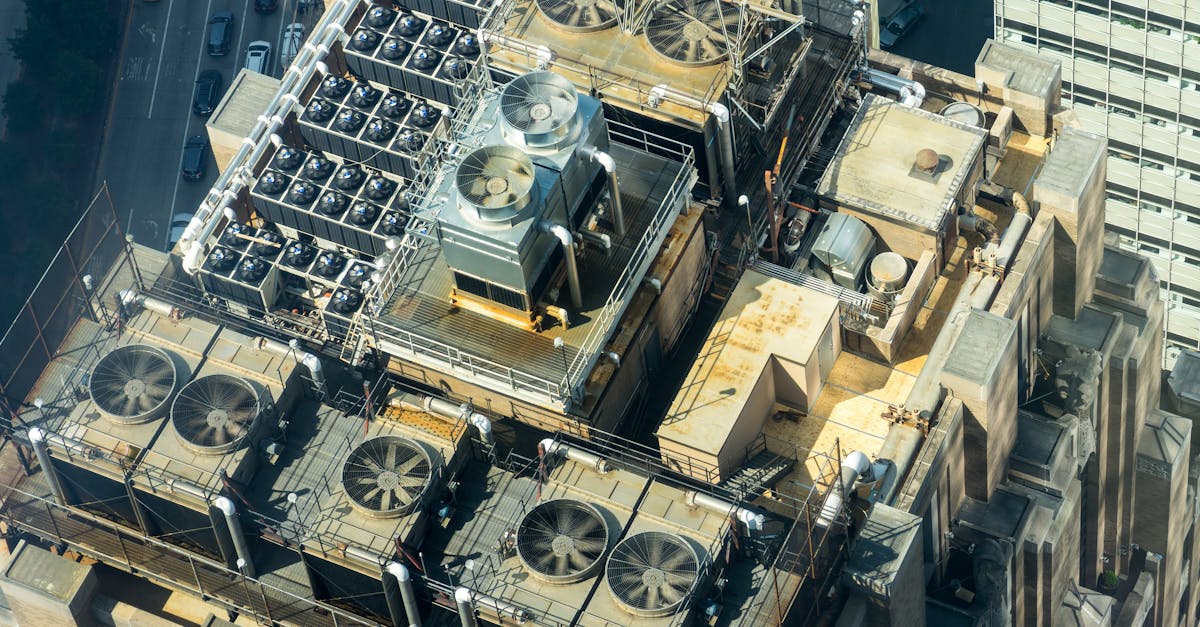
DIY vs. Professional Installation
When considering heat pump installation and repair, many homeowners weigh the pros and cons of DIY approaches versus hiring professionals. DIY installation can save on labor costs, making it an appealing option for those with construction experience or a willingness to learn. However, heat pumps require precise calculations for sizing and locating the unit, as improper installation can lead to inefficiencies and reduced performance. Additionally, some installations may involve complexities that are better handled by certified technicians.
On the other hand, professional installation typically comes with the assurance of expertise and adherence to local codes and regulations. Qualified contractors often offer warranties on their work, providing peace of mind in case future issues arise. While the upfront costs may be higher, the long-term savings from improved efficiency and avoided repair costs can make professional heat pump installation and repair a worthwhile investment.
CostBenefit Analysis
When considering the financial aspects of heat pump installation, homeowners should perform a detailed cost-benefit analysis. Initial costs can vary significantly based on the type of heat pump chosen, the complexity of the installation, and the unique features of the property. While professional installation tends to be more expensive upfront, it often ensures that the system operates efficiently, minimizing future repair costs. Homeowners should weigh these installation expenses against potential long-term savings on energy bills and maintenance.
The benefits of heat pump installation extend beyond just immediate savings. Enhanced energy efficiency can lead to substantial reductions in utility costs over time. Additionally, a well-installed heat pump often requires less frequent repairs, saving further expenses related to heat pump installation and repair. This analysis can help inform whether the investment aligns with the homeowner's budget and energy goals, leading to a more informed decision on moving forward.
Financing Options for Installation
Many homeowners look for financing options when considering heat pump installation and repair. Various programs and lenders offer loans with favorable terms, making it easier for families to manage the upfront costs. Some utility companies provide rebates or low-interest financing for energy-efficient upgrades. This can significantly reduce the financial burden while promoting the adoption of green technology.
Additionally, there are government initiatives that support energy efficiency, which may include tax incentives or grants for heat pump installation and repair. These options can lower the overall costs and improve the return on investment in the long run. Homeowners should explore multiple avenues to find the best financial solution that fits their budget and energy goals.
Available Payment Plans
Many companies offer flexible payment plans for heat pump installation and repair, making it easier for homeowners to manage costs. These plans often include options such as financing through low-interest loans or installment payments. Depending on the provider, terms may vary, allowing customers to select a plan that fits their budget and financial situation.
In addition to traditional financing, some energy efficiency programs provide incentives or rebates that can supplement payment plans. Homeowners can take advantage of these opportunities to further alleviate upfront expenses. This approach encourages more individuals to invest in heat pump installation and repair, ultimately leading to increased energy efficiency and reduced utility bills over time.
Energy Savings Potential
Heat pumps are known for their efficiency in heating and cooling spaces, which can significantly reduce energy bills over time. They operate by transferring heat rather than generating it through combustion, leading to lower energy consumption compared to traditional heating systems. The initial investment in heat pump installation and repair can be offset by these long-term savings, making it an attractive option for homeowners.
In addition to immediate savings on utility bills, many energy-efficient heat pumps qualify for tax credits and rebates. These incentives can further enhance the financial appeal of choosing this sustainable heating solution. Over time, the cumulative effect of reduced energy costs and potential rebates can contribute to a quicker return on investment, making heat pump installation and repair a wise choice for those looking to improve their energy efficiency.
LongTerm Financial Impact
Investing in heat pump installation often yields significant long-term financial benefits. While the upfront installation costs may seem daunting, homeowners typically experience lower energy bills over time. Heat pumps are designed for efficiency, using less energy compared to traditional heating systems. This reduced energy consumption translates into noticeable savings, especially in regions where electricity costs are high.
In addition to lower utility bills, heat pumps can increase property value. Homes equipped with modern heating systems, including heat pump installation and repair, are often more attractive to potential buyers. Energy-efficient homes not only appeal to eco-conscious buyers but can also command higher market prices. Over time, the initial investment in a heat pump can lead to a net gain, providing both comfort and financial returns for homeowners.
FAQS
What factors influence the cost of heat pump installation?
The cost of heat pump installation can be influenced by several factors, including the type of heat pump, the size of your home, local labor rates, any necessary modifications to your existing HVAC system, and whether you choose DIY or professional installation.
Is DIY installation of a heat pump a cost-effective option?
While DIY installation may save on labor costs, it can be risky if you lack experience with HVAC systems. Improper installation can lead to inefficiencies and higher energy bills, potentially offsetting any initial savings.
What financing options are available for heat pump installation?
Many companies offer financing options for heat pump installation, including installment plans, low-interest loans, and lease-to-own agreements, allowing homeowners to spread the cost over time.
How can I determine the return on investment for a heat pump?
To assess the return on investment for a heat pump, consider factors such as energy savings, potential tax credits, and rebates. Calculate the total installation cost and compare it to the long-term savings on your energy bills.
Are there any energy savings associated with installing a heat pump?
Yes, heat pumps are generally more energy-efficient than traditional heating systems. They can significantly lower your energy bills, especially in moderate climates, making them a cost-effective long-term investment.
